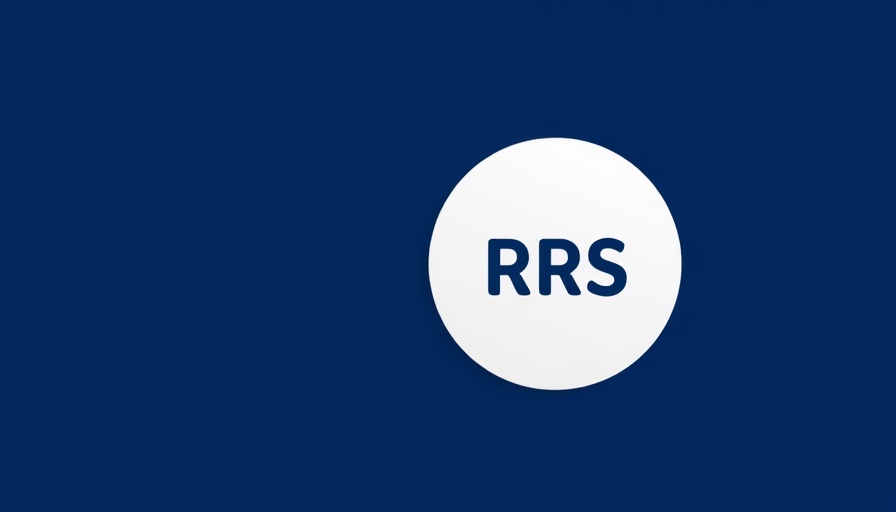
The Legal Battle Over Florida's Social Media Law Begins
On Friday, a significant legal showdown is set to unfold in Tallahassee as oral arguments commence in a federal lawsuit challenging Florida's controversial social media legislation. Known as House Bill 3 (HB 3), the law restricts children under 14 from creating social media accounts, with stringent age verification requirements for those aged 14 and 15. This legal battle not only addresses child safety concerns but also touches on critical First Amendment rights.
Understanding HB 3: Key Provisions and Goals
Passed unanimously by the Florida Legislature and signed by Governor Ron DeSantis, HB 3 aims to mitigate risks associated with social media use among minors. The law stipulates that no children under 14 can hold social media accounts without explicit parental consent for those aged 14 and 15. Additionally, social media companies are mandated to delete existing accounts belonging to users under 14 and must comply swiftly within 90 days.
Proponents of the law, including former House Speaker Paul Renner, argue that it responds to alarming data linking social media use to mental health issues among minors. Research suggests that prolonged exposure to online environments often cultivates anxiety, depression, and a susceptibility to cyberbullying. Such conditions have prompted lawmakers to act decisively, highlighting a growing public concern over the digital spaces children inhabit.
Legal Reactions: Industry Pushback
In response to HB 3, the Computer & Communications Industry Association is spearheading a legal challenge, asserting that the legislation infringes on minors' rights to free speech. Similar bills in other states, such as Utah and Arkansas, which faced legal objections, suggest that industry representatives are determined to protect their platforms and user base from restrictive regulations. Legal experts anticipate that issues around age verification could be focal points for the court's considerations.
The Controversy Over Age Verification
One contentious element of HB 3 is its emphasis on age verification, raising numerous practical and ethical questions. Critics argue that stringent verification can deter not only minors but also legitimate adult users from accessing platforms, creating a chilling effect. Furthermore, there are concerns regarding privacy and the potential misuse of sensitive personal data during the verification process. Advocates for free speech believe these regulations may disproportionately affect not just minors but also the larger adult user base seeking to access information or communities online.
Social Media Consequences and Future Implications
The future of HB 3 hangs in the balance as the courts deliberate its constitutionality. If upheld, Florida's law could set a precedent for other states considering similar measures. Currently, at least a dozen states have implemented or are contemplating restrictions on social media use for minors, leading to a broader national debate on children's rights to access and participate in digital platforms.
What’s Next for Florida and Social Media
As oral arguments proceed, observers will be watching closely. The outcome could either bolster Florida's legislative push to regulate social media more strictly or quash it, reaffirming the robust interpretation of First Amendment rights for younger users. In the coming weeks, implications of this case could ripple across the social media landscape in the U.S., influencing future legislative efforts and tech industry practices.
Final Thoughts: Reflecting on a Digital Future
This ongoing legal confrontation resonates deeply with parents, educators, and social media users across Florida and beyond. Strategies for maintaining child safety online are of paramount concern, but they must also be balanced against the evolutionary rights of users to access free speech and information. The broader conversation surrounding these issues will undoubtedly continue to shape how we interact with digital platforms in the coming years.
 Add Row
Add Row  Add
Add 



Write A Comment